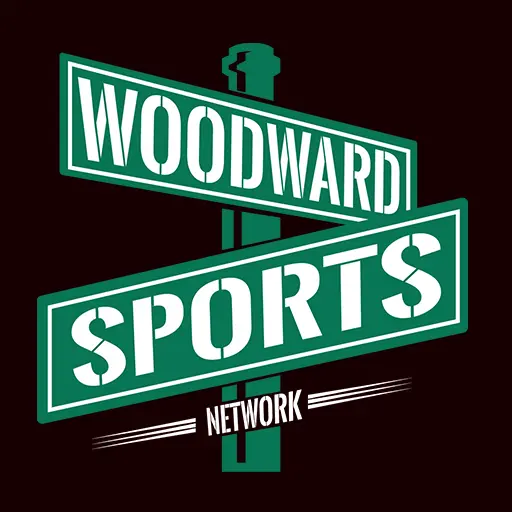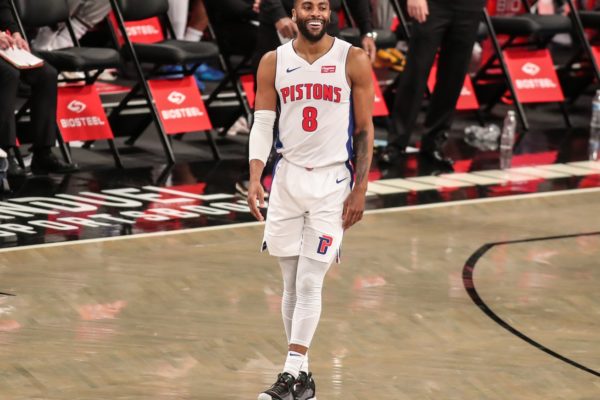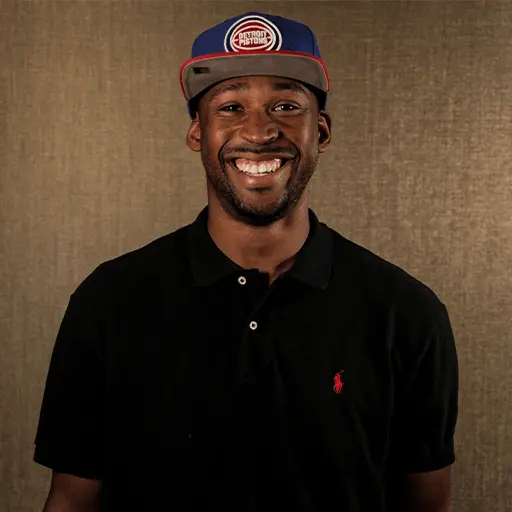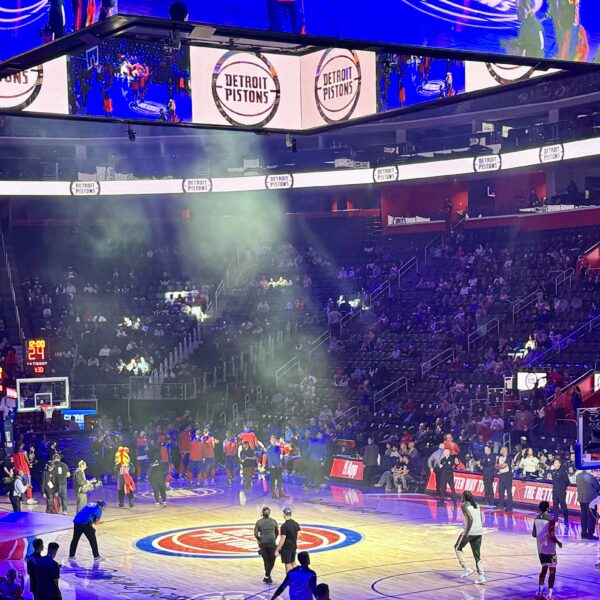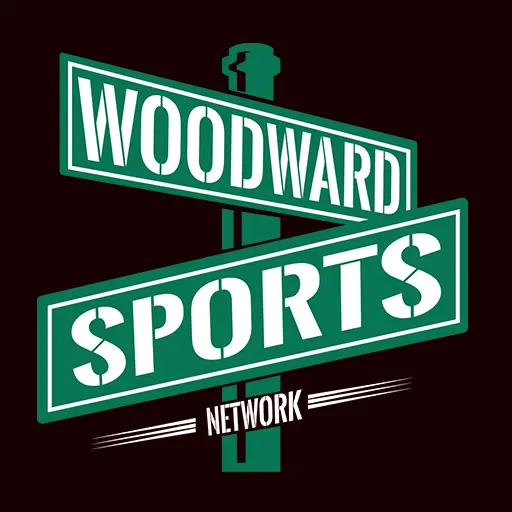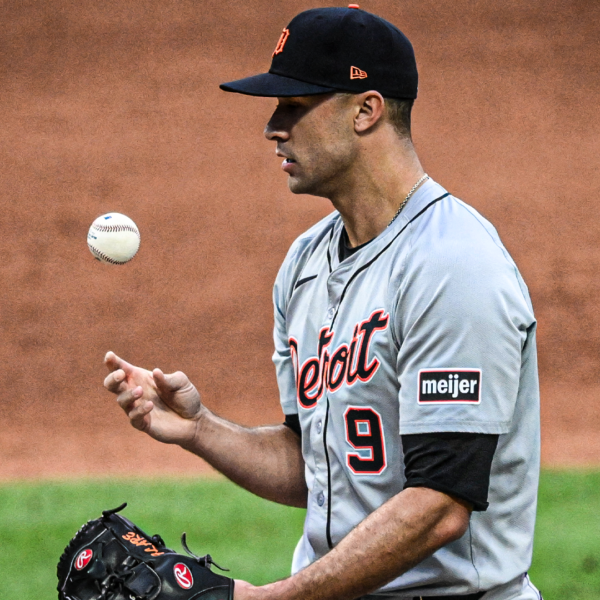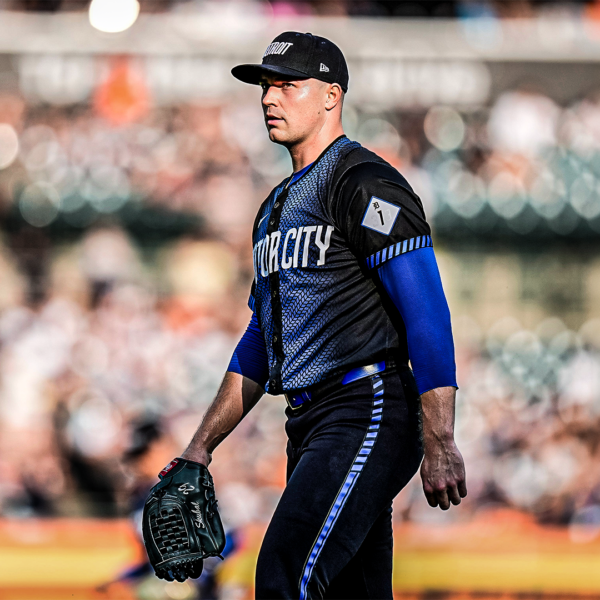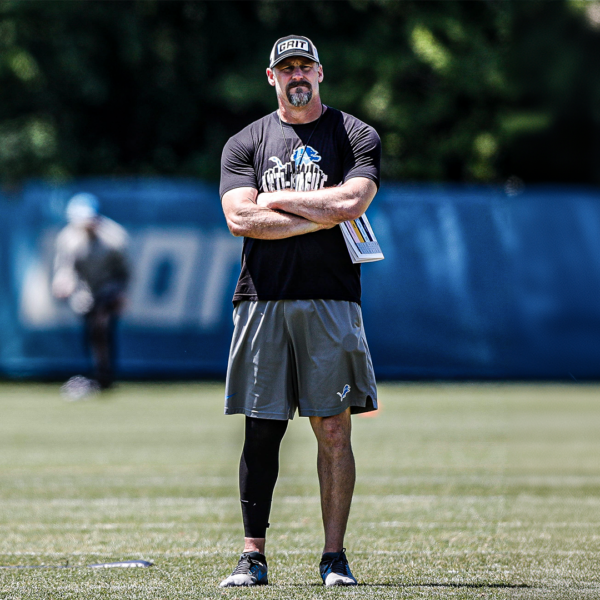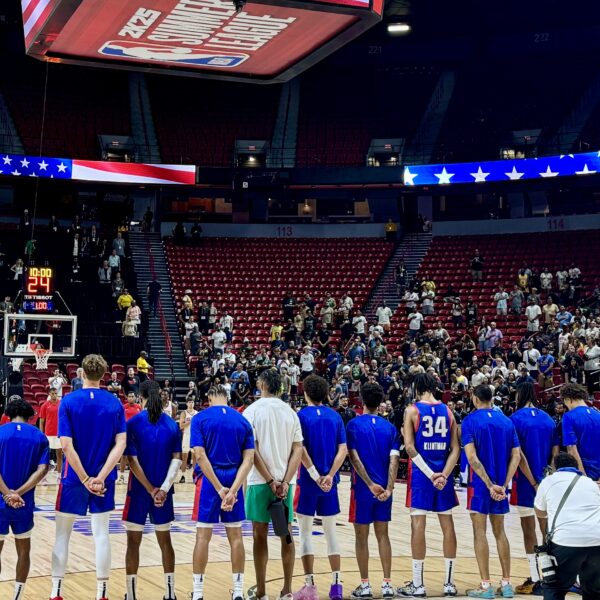Early into the midnight hour, Troy Weaver struck a deal. The first-year GM shipped away Delon Wright for two second-rounders and Cory Joseph. It appeared this move with the Kings would be just the first of many for Detroit. Perhaps it would be sharpshooting vet Wayne Ellington. Maybe it could be point-forward and triple-double machine Mason Plumlee. What if the Celtics finally put up a king’s ransom (no pun intended) and swung a deal for emergent star Jerami Grant?
But, Pistons fans waited.. and they waited some more. They saw Aaron Gordon, Evan Fournier, and Nikola Vucevic leave Orlando. They watched dozens of other transactions take place. At the 3pm trade deadline, it came out Detroit was not going to make any deals. The Pistons had kept all of their other perceived trade assets.
Trade Deadline for the Future
This was surprising. The trade deadline is notorious for less-than-successful teams to have a complete fire sale of anything worth value. However, it appeared a bird in the hand was worth two in the bush for Troy Weaver. It would be a mistake to remove all established Pistons veterans from the locker room. Detroit has lots of developing pieces. Saddiq Bey is the steal of the draft. Isaiah Stewart looks like the closest thing the team has had to Ben Wallace the past decade. The first Weaver-era pick Killian Hayes is returning soon.
Guys like Mason Plumlee and Wayne Ellington are essential to this Pistons squad. They have been in the league for a long time. The duo are (very tongue-in-cheek) two of the longest-tenured Detroit players. They can mentor the Pistons’ prospects. Plumlee and Ellington can teach them new skills, provide advice, and just be that presence in the locker room.
Detroit Does Not Make Tanks
Most importantly, the Pistons “trade assets” can still contribute in Detroit. That is why they were not shipped away at the trade deadline. We saw Troy Weaver’s approach in OKC. The team does not want to tank. They want to create a winning culture with the understanding they will take a while to become contenders.
Detroit still wants to play watchable basketball. Plumlee can score, distribute, and rebound. Ellington can shoot the lights out. PlumDog is still in Detroit for two more seasons. That is two more seasons to be traded and continue to grow with the team. The real elephant in the room is Ellington’s one-year minimum contract. He will no doubt sign elsewhere next season. But, Weaver must like him on the squad enough to keep him around rather than ship him for whatever asset was offered.
Overall, Troy Weaver’s decision to stay put at the deadline and constantly communicate with his players shows why he is a GM in this league. It is best for the future and the overall chemistry of the team.
